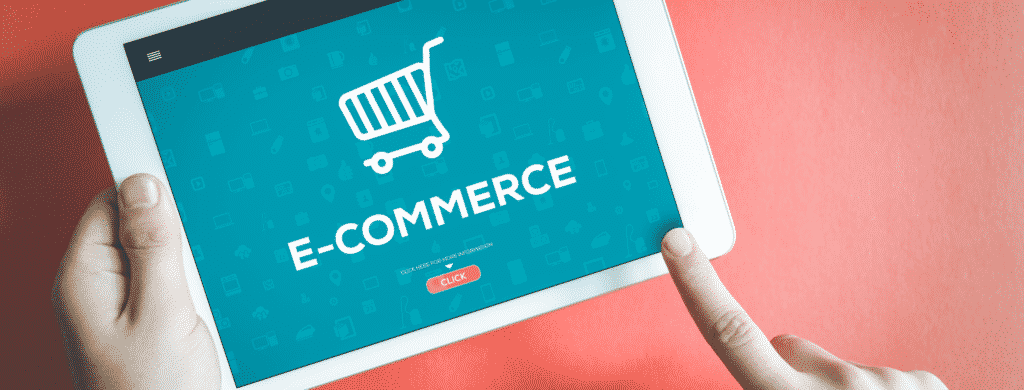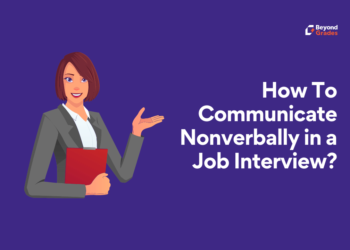[ad_1]
The allure and the overall efficacy of the ecommerce business have turned many an eye in terms of investors, prospective people in business and the general public. Online business has blossomed into a one of a kind opportunity that offers considerably better margins, less inventory and other costs, as well as sustainable and long term revenue, which is gaining more and more prominence in the age of the internet.
An e-commerce business is a pinnacle of using the internet and its abilities and scope for monetary gain, and this is the end goal for many businesses based around the World Wide Web. So how do you get going? What steps can you take? These are questions that haunt every prospective businessman venturing into such a profound yet alluring space.

Free resources are what new entrepreneurs are looking towards when they want to set up a company that sells online goods. This step helps them assess the risk involved in a new business and to test relatively new waters.
Below, we shall be looking at some of the best ecommerce resources you can use –
1. Hiring an ecommerce team.
Building an online business should not be one person trying to get through the intricacies of starting and running something online. You should always have a team to back you up in the industry.
A team will offer you a much higher success rate. It helps to analyse every single variant in your business and provides different kinds of solutions to increase profit, manage accounts and deal with other employees.
2. Having a solid business plan.
This includes many steps, such as tabulating expenses and outlining the plan you want your business to be based on. Most importantly, however, it is imperative that your plan perfectly represents your passion and how you want your company to function.

You can consistently practise something as simple as elevator pitches to help set yourself to clearly articulate your company’s goals.
3. Professional resources.
Any foundational professional materials will help your business get off that ground level, and most of these are very cheap methods to help your business, such as,
- Vistaprint – a business card is one of the easiest ways to effectively advertise your business and Vistaprint provides plenty of deals.
- Templates – a business must always have templates for business proposals, strategies and other contracts that your company can use regularly. Apps like Xtensio are made to create these templates for companies.
- AppSumo – This is an app from where you can get the information and availability of some day to day products to be used in an office environment. The app provides a window into amazing deals for products used by small businesses.
4. Free software resources.
Since your online store is a part of the mega-conglomerate that is the internet, you should look into complementary yet limited software and internet resources that will help augment your business. Due to the covid outbreak, many of these (ecommerce) resources can be availed free of cost. Examples include –
- Privy – In a conscious effort to aid small online businesses that have suffered from the pandemic, Privy has formally announced that it is building a virtual marketplace to help these stores. Privy helps immensely in promoting these stores while also providing them with a safe platform to sell their goods.
- Shopify – this is yet another online platform that helps stores that were inaccessible locations and who were hit hard during the pandemic find an online space to sell their goods. Shopify has extended its free trial from 14 to 90 days just to facilitate these offline to online transitions.
- Ubersuggest – this online SEO tool offers its services for free for an extended period. SEO is the keystone of online business, and with Ubersuggest, you can avail yourself of facilities like keyword tracking, viewing SEO data as well as viewing more content.
5. Free educational resources.
These include companies who have provided free access to in-demand courses as having access to courses can hone your skillset and be ready for any eventuality in business. Examples include –

- LinkedIn – the premier job and professional profile building app LinkedIn has announced 16 free courses to be made available to its members. This includes courses on time management, productivity tips and virtual team management, which are crucial in this climate.
- Facebook – one of the industry giants, has formulated a business (ecommerce) resource hub that provides crucial information about the pandemic and informs business owners on current news and other tips that will help them connect with customers.
- Admission – this is yet another educational resource that has offered courses related to e-commerce and marketing that typically charge standard rates.
In addition to these resources, there are other ecommerce resources such as YouTube videos, podcasts and other communities. These ecommerce resources will undoubtedly help you grow and flourish as an entrepreneur while building a profitable and sustainable business.
Also Read:
[ad_2]
Source link









